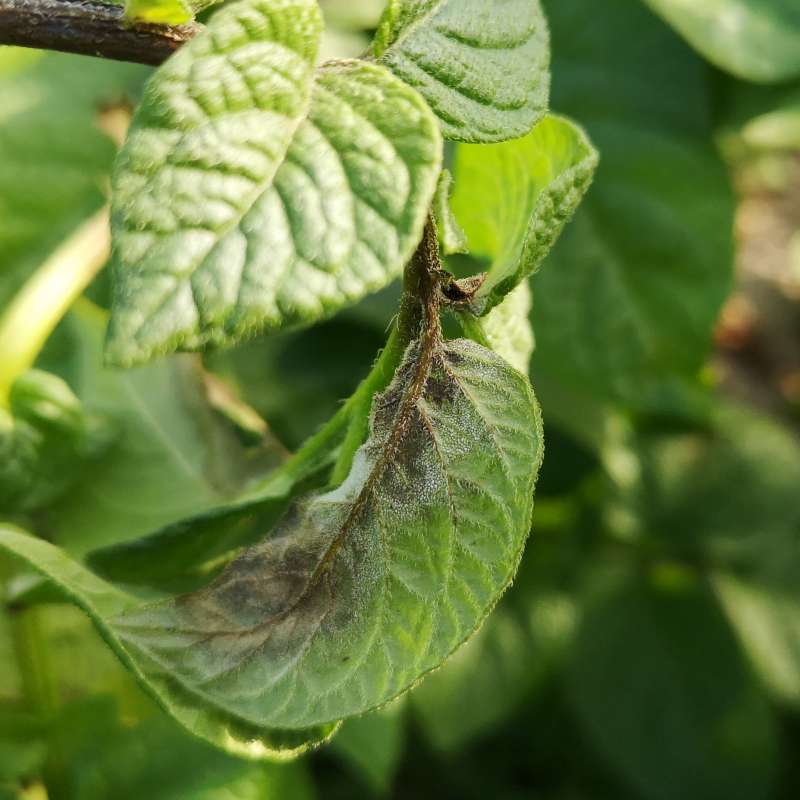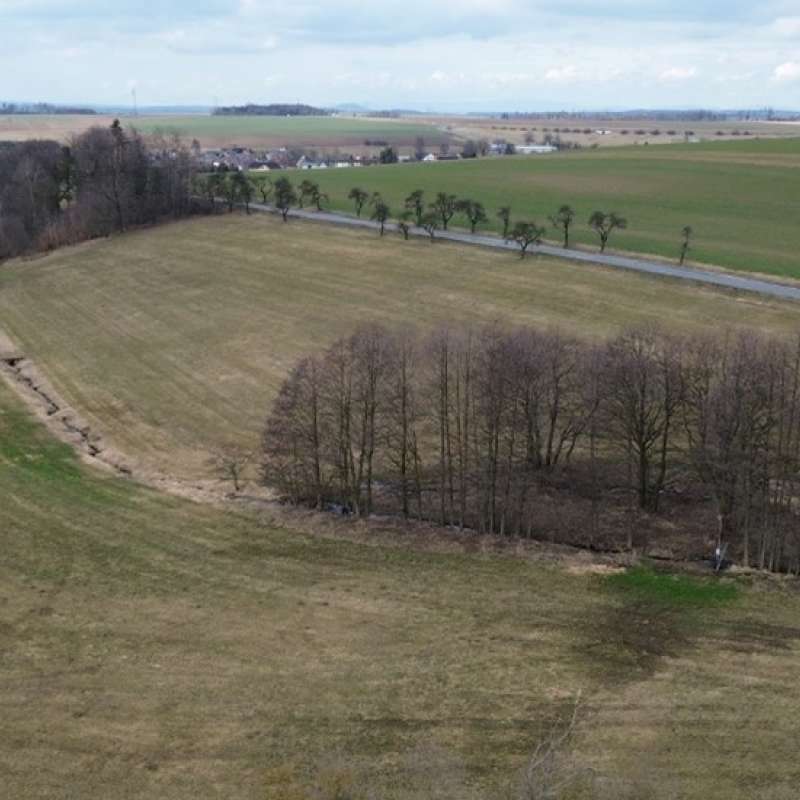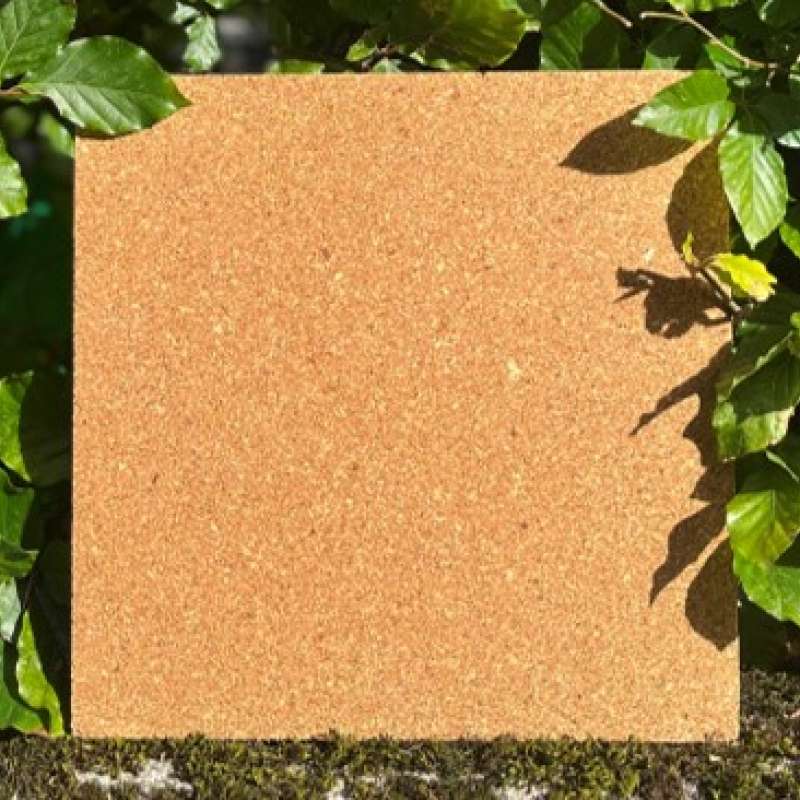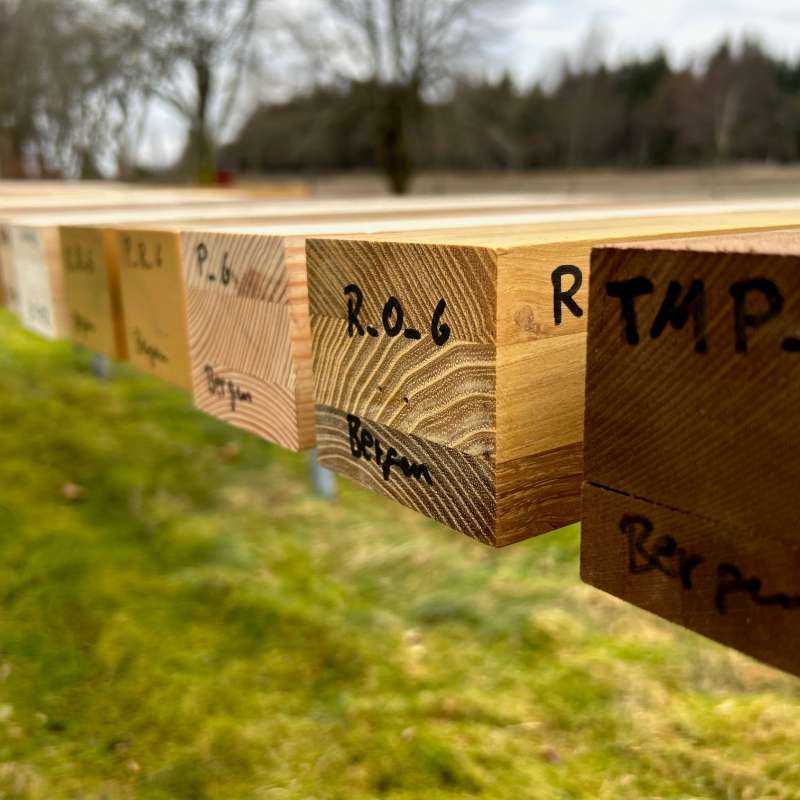
Division of Biotechnology and Plant Health
DivGene - Diversity analyses of key genes involved in interaction between potato and Phytophthora infestans
A main objective of the project is to improve our understanding of interaction and co-evolution of host and pathogen using potato (Solanum tuberosum L.) and its economically most important pathogen, Phytophthora infestans (Mont.) de Bary, as a model. Our main hypothesis is that co-evolution of potato and P. infestans in agroecosystems is based on diversity of the resistance genes present in the cultivated potatoes and effector genes present in the pathogen populations.



